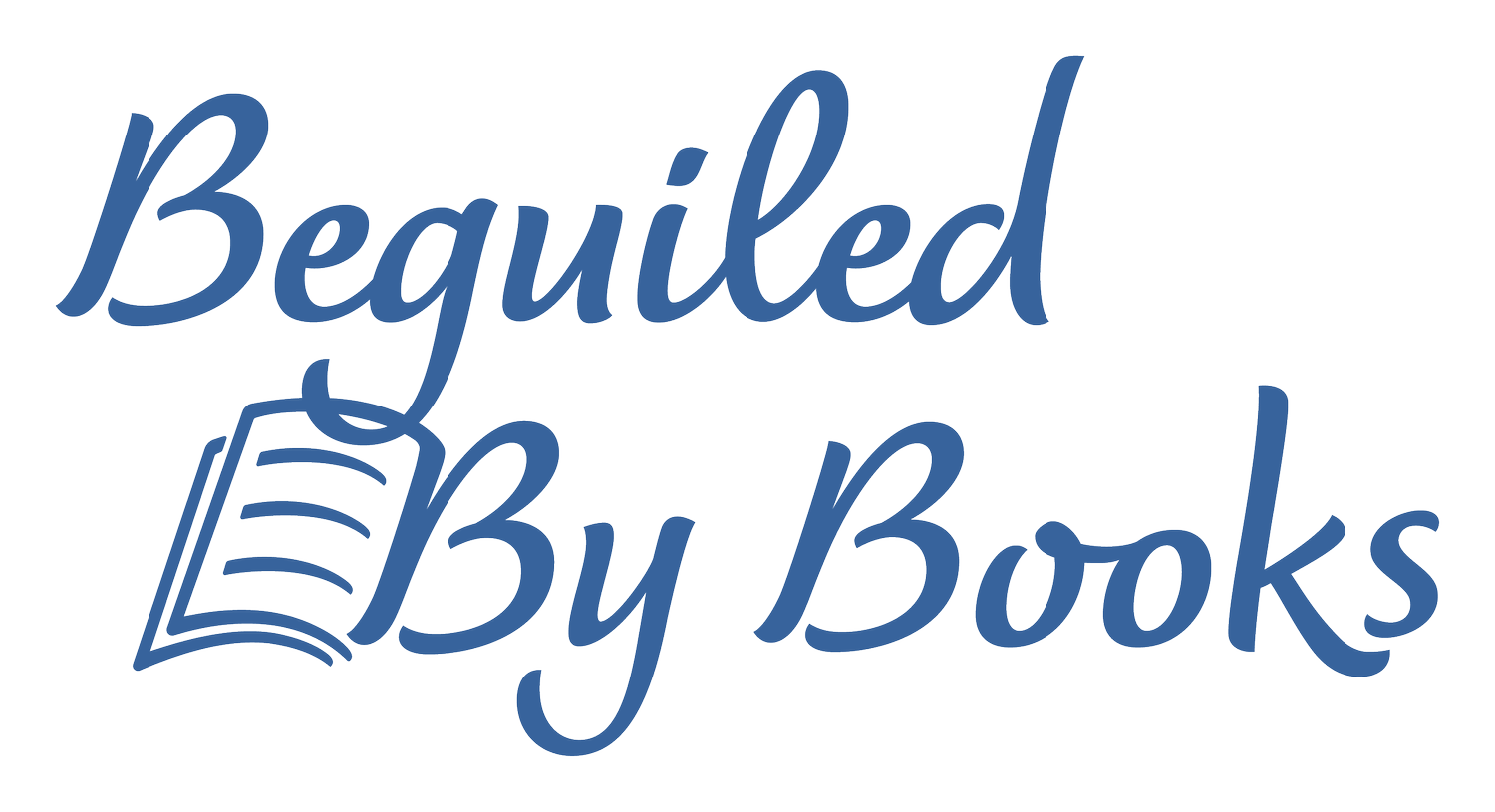Essentialism, Minimalism, Stoicism and Finding Your Ism
People love "isms." Isms represent a philosophy, doctrine, or ideology in cultures around the world. Isms are used to define, separate, and join people and communities. There are religious isms like Buddhism and Hinduism. There are political isms like fascism and liberalism. Optimism. Capitalism. Seussism. Nearly any ideal can be turned into an ism. Statistician George Box said, "All models are wrong. Some models are useful." I like to think with all the isms in the world, they're probably all wrong. But some are useful.
Essentialism
Essentialism was popularized by the book of the same title by Greg McKeown. This belief stems from Plato who believed all ideas have a basic form. An "essence." The book, Essentialism: The Disciplined Pursuit of Less, McKeown discusses the differences between focusing on what is truly essential so you don't become burdened, miserable, and unhappy. The goal of Essentialism is understand what is in your way of accomplishing your most important, or essential, goal and removing those barriers. If you're writing a book, what are all the things that are in your way from writing? Essentialism suggests you remove those barriers. Maybe you need a nanny or a house cleaner or someone to walk your dog so you can get five uninterrupted hours a day of writing. Essentialism isn't about living a lifestyle you don't love. You can be luxurious. You can spend extravagantly. But when it comes to the work you're doing, be it parenting, writing, running a business, going through school, the way to be successful is to remove as many barriers as possible to your focus. It's essential to be fully present as a parent just as it's essential to be fully present when you're at work.
Minimalism
Many people have a negative connotation with minimalism. There's a crazy belief that minimalism means you must own fewer than 100 (or 50… or 10!) things. Or you can't have a traditional career. Or you can't be married or have a family. As if you’re only option is to be a lonely nomad wandering the earth forever. That's simply not true. While you can always choose a nomadic life or choose to be solitary, minimalism, much like essentialism, is the philosophy of stripping out distracting things from your life. Some people find material goods distracting. I find most material goods distracting, unnecessary, but the material possessions I do have are treasures or incredibly useful to me. We all go through periods of having too much stuff. Whether we're keeping stuff that was handed down or saving things for a rainy day, people often think they have a storage problem. You might feel you need more storage or you might even need a storage unit for all of your items. Minimalism ideals would argue that you don't need more storage, you need less stuff. Things buried and packed away in an offsite location are distractions and not meaningfully contributing to your life. Minimalism, like essentialism, is about freedom. Freedom to focus on what's important. Freedom to do and buy whatever makes you happiest. And freedom from the crush of consumerism (yet another ism) that western society is famous for.
Stoicism
Another ideology coming back en vogue is Stoicism. I never expected to fall in love with something called Stoicism, but once I heard Ryan Holiday speak, I was hooked. Stoicism is an ancient Greek philosophy which teaches that we have no control over external circumstances - we can only control ourselves, our mind, and our reactions. The most famous Stoics are Marcus Aurelius, Seneca, and Epictetus. Over the years, quiet heroes emerge and when you dig deep enough, you find the teachings of these three Stoics at the core of these individuals. Abraham Lincoln. Nelson Mandela. George Washington. Thomas Jefferson. All are prominent in our history. Their admirable leadership, whether it was 27 years in prison or leading the battle to create a new country, is shared and taught generation after generation. Practicing Stoicism ensures you're implementing tools and honing your skills to live your best life. Stoicism encourages you to:
recognize life is short and there is no promise for tomorrow
understand pleasure and pain are fleeting
material wealth is not needed for true happiness
Stoicism is something many of us practice without even realizing it. It's the constant self-improvement we desire. A focus on humility. A tolerance of others. Compassion. Honesty. Wisdom. Stoicism encompasses all of these virtues. Stoicism doesn't tell you how to do something or give you a multi-step playbook. It encourages you to look inward and analyze yourself without judgment. Do you like what you see? If not, change it. If so, make it even better. Stoicism practices in the real world and acknowledging we all slip. We all act irrationally. We get angry or anxious. That's all okay. You're human! Continue your practice every day.
Like minimalism, Stoicism doesn't define parameters and encourages a "check these boxes and then you're a Stoic." These philosophies are interrelated so heavily you don't really realize you're living the virtues of minimalism while practicing Stoicism. While working on your Stoic practice, you're learning principles of Essentialism. It's nearly impossible to have one without the others. These philosophies have dramatically improved my life. If you'd like more resources, here are just a few to get you started (affiliate links via Bookshop.org).
Matt D'Avella - Minimalism (youtube channel)
Life isn't about choosing an "ism" that suits you. Life is about taking the best pieces of all the philosophies, beliefs, and thoughts and adapting them for practical application in your daily life.
“How long are you going to wait before you demand the best for yourself?” - Epictetus


